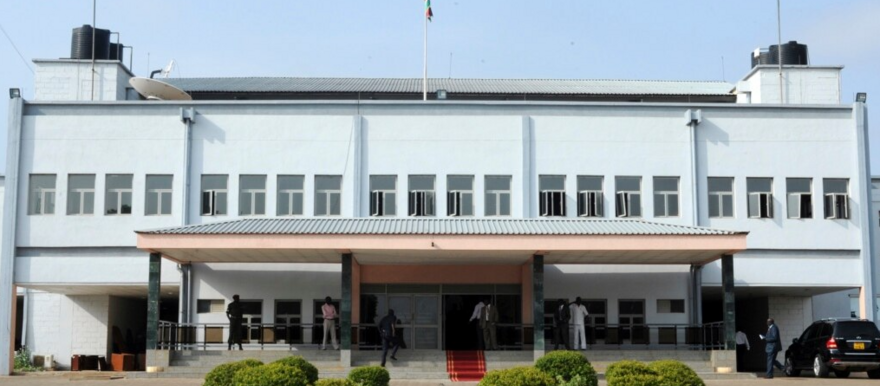The Transitional National Legislative Assembly (TNLA) on Monday passed the National Public Health Institute Bill 2022 after it was presented by the health ministry.
The Bill, among other urgent bills passed by the parliament this month, aims to establish an institute to serve as a center of excellence for the supervision, control, and coordination of all matters relating to public health.
Addressing journalists after the session at Freedom Hall on Monday, John Agany, the parliamentary spokesperson, said the bill is very important for South Sudan because it addresses all health issues.
“It was tabled in the second reading and we run through the second, third, and fourth readings and the bill was passed in totality and it has become an Act. It will now be channeled to the office of the president for assent,” he said. “This bill is important because it will address all the health issues. It will be treated as a technical institute for research and development and can it will also act as a supervisory body for the other centers in the ten states and three administrative areas.”
According to Agany, the establishment of the institute is important because it will standardize health issues in South Sudan.
The bill also provides for the appointment of a board that will run the institute.
Abraham Biar Deng, an SPLM lawmaker representing Jonglei State, commended the house for scrutinizing and passing the bill.
“I believe the people of South Sudan have been waiting for such bills,” he said.
Meanwhile, Dr. Benjamin Alier, a member of the health committee in parliament, said the bill was well scrutinized by health professionals.
“This is a public health institute which will deal with the health of the people regarding things like safe water, food, the environment, and outbreak of diseases like Ebola, Monkeypox, and Covid-19 among others,” he said.
According to Dr. Alier, the health institute will work collaboratively with other regional and international bodies such as the Africa Centers for Disease Control (Africa CDC).




